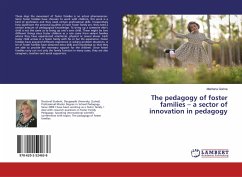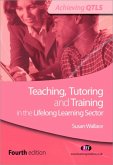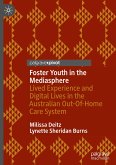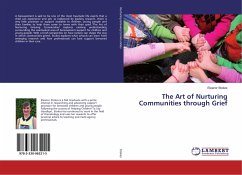These days the movement of foster families is an actual phenomenon. Since foster families have choosen to work with children, this work is a kind of profession and they need certain professional skills. Irrespectively how significant the personal qualities of each foster family are, they need a certain amount of pedagogical knowledge. To bring up a someone else's child is not the same as to bring up one's own child. These might be two different things since foster children as a rule come from violent families where they have experienced emotional, physical or sexual abuse. Each foster child arrives in a foster family with his or her life experience. Foster families have acquired different experience in solving problem situations. A lot of foster families have obtained extra skills and knowledge so that they are able to provide the necessary support for the children. Since foster families carry out not only the family function in many cases, they are also caregivers, teachers and social supporters.
Bitte wählen Sie Ihr Anliegen aus.
Rechnungen
Retourenschein anfordern
Bestellstatus
Storno








